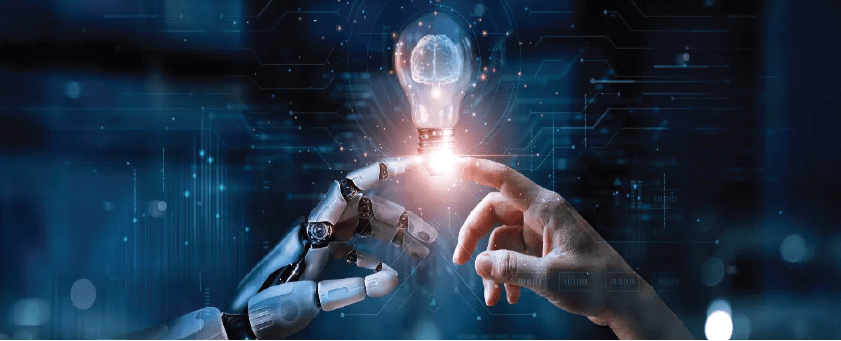Artificial Intelligence (AI) has undeniably transformed the landscape of modern life, offering unprecedented freedom in many aspects of work and daily living. From automating routine tasks to providing personalised experiences, AI has become an integral part of our lives. However, this newfound freedom comes with a paradoxical dependency that raises questions about the true nature of our autonomy in the AI age.
While AI offers liberation from mundane tasks and empowers us with new capabilities, it also subtly creates a dependency that could challenge our autonomy and decision-making abilities. As we delegate more tasks to machines, our ability to function independently diminishes. Critical skills – such as decision-making, problem-solving, and even basic human interactions – risk being eroded as AI takes on more responsibilities. The convenience AI offers can quickly turn into a crutch, where the lack of AI would leave us feeling lost or helpless.
Moreover, the ethical implications of AI dependency are profound. The more we rely on AI, the more we entrust it with sensitive information, decision-making power, and control over critical aspects of our lives. This dependency can lead to vulnerabilities, where individuals and organisations may be at the mercy of technology they neither fully understand nor control. The question then arises: Are we truly free when our freedom is so deeply intertwined with and contingent upon AI?
While AI offers undeniable benefits, it is crucial to remain aware of its potential drawbacks. By understanding the risks and taking proactive measures to mitigate them, we can ensure that AI serves as a tool for empowerment rather than a means of enslavement.
Some argue that AI is solely beneficial, leading to increased efficiency, productivity, and innovation. However, this perspective fails to consider the potential negative consequences of over-reliance on AI. While AI can automate tasks, it cannot replicate the nuances of human thought, emotion, or creativity. Over-reliance on AI can lead to a decline in human skills and a loss of critical thinking abilities.
While the potential pitfalls of AI dependency are real, they are not insurmountable. By adopting a multi-pronged approach, we can harness the immense benefits of AI while mitigating its risks and ensuring it empowers us, not enslaves us.
One crucial step is promoting widespread AI literacy. This involves educating both individuals and organisations about the capabilities and limitations of AI. This knowledge allows us to make informed decisions about when and how to utilise AI, avoiding situations where blind trust in AI leads to unintended consequences. Educational initiatives can range from incorporating AI awareness into school curriculums to training programs for professionals across various sectors.
Furthermore, establishing clear ethical guidelines for AI development and use is critical. These guidelines should address issues like bias in algorithms, data privacy concerns, and transparency in AI decision-making processes. By defining ethical boundaries, we can ensure that AI is developed and implemented in a way that aligns with our values and respects human rights. Ethical frameworks can be developed through collaborative efforts involving government agencies, tech companies, and civil society organisations.
Investing in human skills development is also essential. While AI excels at automation and data analysis, it lacks the critical thinking, creativity, and social intelligence that are uniquely human. By continuing to invest in education and training programs, we can ensure that humans remain adaptable and capable in the AI age. This includes fostering skills like problem-solving, complex communication, and emotional intelligence – areas where humans will continue to hold the advantage.
The writer is an MBA-HRM student and potential mental well-being and happiness coach.




1 Comment
Your comment is awaiting moderation.
Thanks for sharing. I read many of your blog posts, cool, your blog is very good.
Your comment is awaiting moderation.
Thanks for sharing. I read many of your blog posts, cool, your blog is very good. https://accounts.binance.info/ph/register?ref=IU36GZC4
Your comment is awaiting moderation.
https://t.me/s/dragon_money_mani/36
Your comment is awaiting moderation.
Can you be more specific about the content of your article? After reading it, I still have some doubts. Hope you can help me.
Your comment is awaiting moderation.
Your article helped me a lot, is there any more related content? Thanks!
Relatable:)